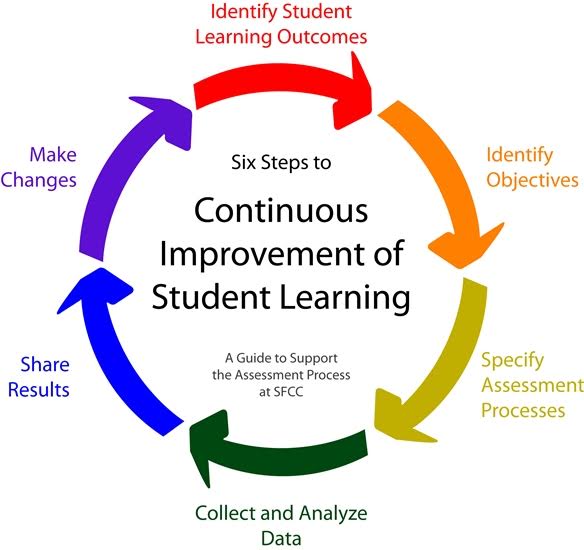Many of us continue to think of learning as reading and remembering. To some extent this is part of a strong foundation for learning. To some extent this idea describes a simple process. And to some extend, it seems easy to understand how learning takes place in each of us. But to a much larger extent than previously considered, learning is both a simple process from a foundation point of view and a more complicated process from an accelerated learning and understanding point of view. What might be considered today is to make learning a foundational process that leads to exponential growth.
Regular Growth
Regular growth in learning might be defined as the ability to read and memorize, memorize and repeat, repeat and add new thought. For example, young children hear a new word, they repeat it, and they attach their understanding of its definition in memory, and then prepare to use the word again in a new situation. Older teenagers might hear a concept like World War II’s Marshall Plan, and then think about using it today with Afghanistan. Knowledge workers in one online company might hear about the idea of moderating online conversations from a fake news point of view and apply that concept to moderating their work in new online conversations they moderate.
Exponential Growth
Exponential growth might look differently as it involves learning, repeating, applying the idea, but—instead of applying the learning in traditional ways—disrupting their work to use the foundational part of the idea but in a new and quite novel way in the industry. Elon Musk went from inventing Paypal, to Tesla, solar, space and now to neuro. Innovative schools go from regular classrooms to learning zones—even disrupting the idea of grade levels and substituting demonstrated growth to prove when they have learned and are ready to move on rather than everyone graduates to the next grade level after a year’s worth of participation.
What Feeds Exponential Growth?
The question that might be considered is what leads to exponential growth and how do I get some of that? Well it might start with a careful examination of the foundational roots of learning. These roots are not all the same. For example, reading on grade level by 3rd grade is universally agreed upon, but only about a third of our students nationwide attain it. Every student in private school attains it. Public school has to take every student, whereas private does not and should not. What feeds exponential growth is smarter teachers, more integration of topics and domains, and a lot more creativity! How can we innovate in public schools such that every child reads on grade level by third grade? Exponential growth for K-3 would be a foundational start.
New Foundations for Learning
What is needed is a new way to teach effective reading so that kids learn to read and then read to learn, BUT, read to learn exponentially and exhibit smarter growth. This means reading the right things, reading smarter, reading the directions that make a difference in their learning and choosing what to read about how things work. They also need assessments that teach them about their learning, rather than give them a grade. Performance assessments that are formative give students instant feedback, help them think about correcting their learning approach, and boost their willingness to learn exponentially. Let’s teach them creative practices that they learn for life. Let’s boost how we teach our children how to learn exponentially, so they can zoom into the future.




